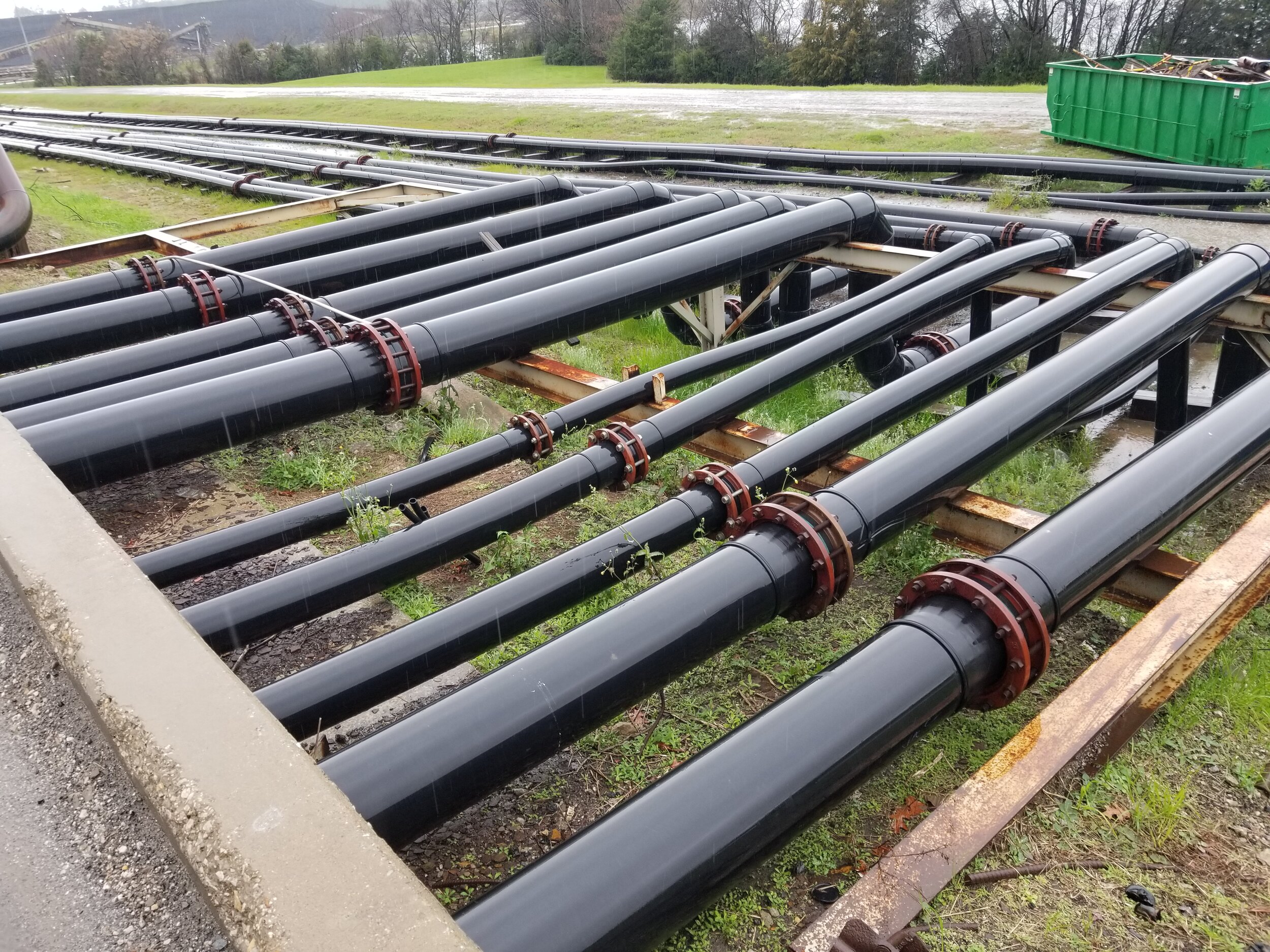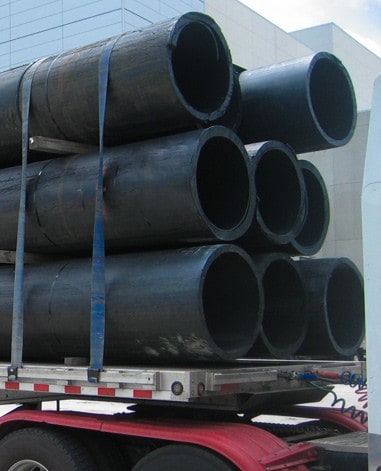How American Plastics HDPE Pipe Manufacturing Maintains Sustainability
Recognizing the Secret Perks of HDPE Pipe for Water and Wastewater Administration
Using HDPE pipeline in water and wastewater monitoring provides numerous advantages that merit factor to consider. Its outstanding longevity and lengthy life-span make it a favored option for numerous projects. In addition, the product's resistance to rust and chemical damage improves its integrity in numerous settings. Nevertheless, the benefits extend beyond simply long life and resistance. Discovering its cost-effectiveness and environmental influence reveals much more engaging reasons for its extensive fostering in contemporary facilities
Phenomenal Toughness and Longevity

HDPE pipeline stands out for its phenomenal durability and durability, making it a preferred option in water monitoring systems. Constructed from high-density polyethylene, these pipes can withstand considerable stress and anxiety, guaranteeing reliable performance gradually. Their durable nature allows them to withstand severe ecological problems, consisting of temperature variations and soil movements, which can create other products to fail.
The life expectancy of HDPE pipes commonly exceeds half a century, supplying an economical service for municipalities and markets alike. Additionally, the product's lightweight homes simplify setup, reducing labor costs and durations. This longevity decreases the requirement for frequent repairs or replacements, further boosting its economic allure.
In water management applications, the reliability of HDPE pipes indicates fewer interruptions and enhanced solution continuity, making them integral to sustainable framework advancement. The mix of longevity and long life solidifies HDPE's role as a keystone in effective water management services.

Resistance to Corrosion and Chemical Damage
While several materials surrender to corrosion and chemical damages with time, HDPE pipelines display amazing resistance, making them suitable for different water administration applications. This resilience originates from the molecular structure of high-density polyethylene, which is inherently non-reactive and does not corrode like metals or break down from direct exposure to harsh chemicals. Therefore, HDPE is extremely efficient in environments with aggressive materials, such as wastewater systems that might include acids, bases, and organic solvents.
Additionally, HDPE pipelines can stand up to ecological factors such as soil acidity and saline problems, better improving their viability for diverse applications (hdpe pipe in stock Midland TX). Their ability to keep structural stability with time reduces the risk of leakages and failures, which is vital in guaranteeing the safety and security and dependability of water circulation and wastewater management systems. Consequently, the resistance to deterioration and chemical damage considerably adds to the total performance and longevity of HDPE piping options
Cost-Effectiveness and Economic Benefits
When thinking about the monetary ramifications of water management systems, the cost-effectiveness of HDPE pipelines becomes noticeable. These pipelines use reduced installment and upkeep prices compared to standard materials like steel or concrete. Their light-weight nature streamlines transportation and setup, causing minimized labor expenses. Additionally, HDPE pipelines display a long life expectancy, frequently exceeding half a century, which converts to fewer replacements and lasting savings.
In addition, the resistance of HDPE to rust and chemical damages reduces the need for expensive repairs and replacements. The pipelines likewise sustain reliable water circulation, decreasing energy prices connected with pumping systems. By alleviating leakages and water loss, HDPE pipes add to significant economic advantages for communities and industries alike. On the whole, the preliminary financial investment in HDPE piping can generate significant economic returns over the lifespan of the water monitoring system, making it a sensible choice for sustainable infrastructure advancement.
Environmental Sustainability and Reduced Impact

Convenience and Adaptability in Installment
Due to their special buildings, HDPE pipelines offer exceptional versatility and versatility in setup, making them suitable for a large range of hop over to these guys applications. Their light-weight nature permits much easier handling and transport, decreasing labor expenses and setup time. HDPE pipelines can be bent and shaped to fit various terrains and job demands, which is particularly helpful in challenging atmospheres.
Furthermore, their resistance to rust and chemical damage enables installation in varied setups without the demand for specialized safety finishings. The ability to fuse joints creates a continual, leak-free system, boosting the total honesty and dependability of the installation. HDPE's versatility additionally accommodates ground activity, decreasing the risk of damage in locations susceptible to changing soil. In general, these qualities make HDPE pipelines not only versatile but likewise a recommended selection for water and wastewater management systems.
Regularly Asked Inquiries
How Does HDPE Pipe Compare to PVC in Water Management Applications?
HDPE pipeline supplies premium adaptability, resistance to deterioration, and longevity contrasted to PVC. Its lighter weight facilitates much easier installment, while its long life expectancy minimizes replacement expenses, making HDPE a favored option in water administration applications.
What Is the Lifespan of HDPE Pipeline Under Normal Conditions?
Under common problems, HDPE pipes can have a life expectancy ranging from 50 to 100 official website years. Their longevity and resistance to rust contribute to their long-lasting performance in different applications, making them a trusted selection for infrastructure.
Are HDPE Water Lines Recyclable After Their Solution Life?
Yes, HDPE pipes are recyclable after their life span. Texas hdpe pipe manufacturer. They can be refined and repurposed right into brand-new products, substantially lowering environmental impact and promoting weldolet sustainability within the industry, making them an environment-friendly choice for piping services
What Is the Installment Process for HDPE Pipeline?
The installation process for HDPE pipes includes site preparation, trenching, pipeline blend or mechanical joining, backfilling, and stress screening. Proper methods assure a resilient and reliable system for transferring water and wastewater successfully.
Can HDPE Water Lines Be Used for Both Potable and Non-Potable Water Systems?
Yes, HDPE pipelines can be made use of for both potable and non-potable water systems. Their adaptability, durability, and resistance to corrosion make them suitable for numerous applications, making certain risk-free and efficient transport of water in different contexts.